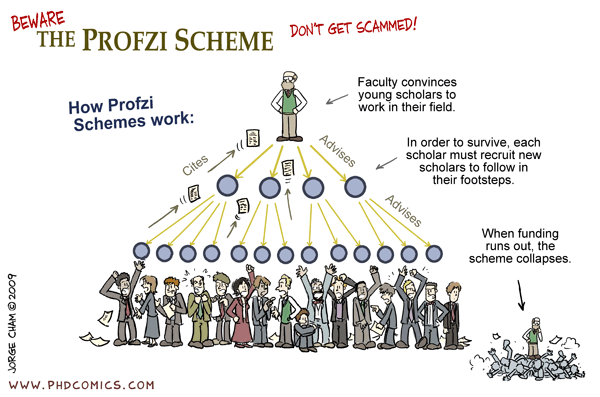- Joined
- Jan 30, 2006
- Messages
- 2,801
- Reaction score
- 1,187
- Points
- 6,491
- Attending Physician
Advertisement - Members don't see this ad
What I'm criticizing, mostly, is this attitude that somehow people who are less academically accomplished (and poorer, and, implicitly, ethnic and culturally different from us) are some how having LESS demanding lives and don't have deal with as much in terms of work and family, and thus whatever we do is somehow HARDER than what the rest of society also has to deal with, and that you HAVE to have the lifestyle of rich doctors who make 400k, and that you "deserve" it, and that the fact that you can't have this is the fault of the institution that trained you. While I'm not dismissive to a particular individual's unhappiness, I am not at all convinced that the problem is existing at the level of the institution. The institution has problems, but the ones that are articulated, to me, are a lot of times the problems of the individual, and require addressing at an individual level via directed negotiation with the institution, individualized and specific psychological and career guidance/planning etc., and not necessarily at the level of the institution.
Dude, you are having this conversation with yourself. No one is arguing the point above. No one has come on this board and said we "deserve" anything. No one has posted that we have more demanding lives than anyone else. You are constantly accusing other posters, specifically me, of lying for some reason, saying things like:
Gimme a break here. Let's be honest. You hate it. You want to make 300k doing science...Face the reality. The world does not revolve around you..
..Despite the fact that I am one of the few MSTP'ers who HAVE made it this far and will CONTINUE to do research, and actually loves doing it. And the only sin I have committed was discuss what has led so many trainees to bail at the end of their training.
Any point you may have about introspection is lost in your numerous tirades accusing other posters of being bad with their finances (despite knowing nothing about their situation) or greed/envy of rich people or some twisted feeling of supremacy to other professionals without any evidence to support it. Yes, it is crazy to consider a career change after 15 years of training when you love what you do, and if you were to change would likely focus soley on your clinical profession. No, you cannot compare your situation to a teacher or whatever, because a teacher does not de facto have an additional certification in something that will pay them substantially more. And furthermore, the point of this entire thread was to discuss ways of making things better. Several things have been proposed, but you just dismiss them as impossible for some reason.
Please tell me why it is so wrong for a suggesting that system that is good at producing physician-scientists could also be good at ensuring funding for them to prevent attrition. Afterall, the point of MSTP is not just to hand out degrees.
And regarding people who love science but bail- I do know several. It's not JUST money, or envy as you would say. It has a lot to do with the uncertainty of the funding situation, stability of the institution, and the academic "clock". There are so many variables to consider, and you may not be in a financial position to handle such uncertainty. Then, you get an offer for clinical work that alleviates all those factors, and together supercedes your desire to continue a research track. But to you, those people were never serious about research, or they'd do it even if it caused cancer and killed them. That just shows your lack of empathy and insight.
Last edited:



